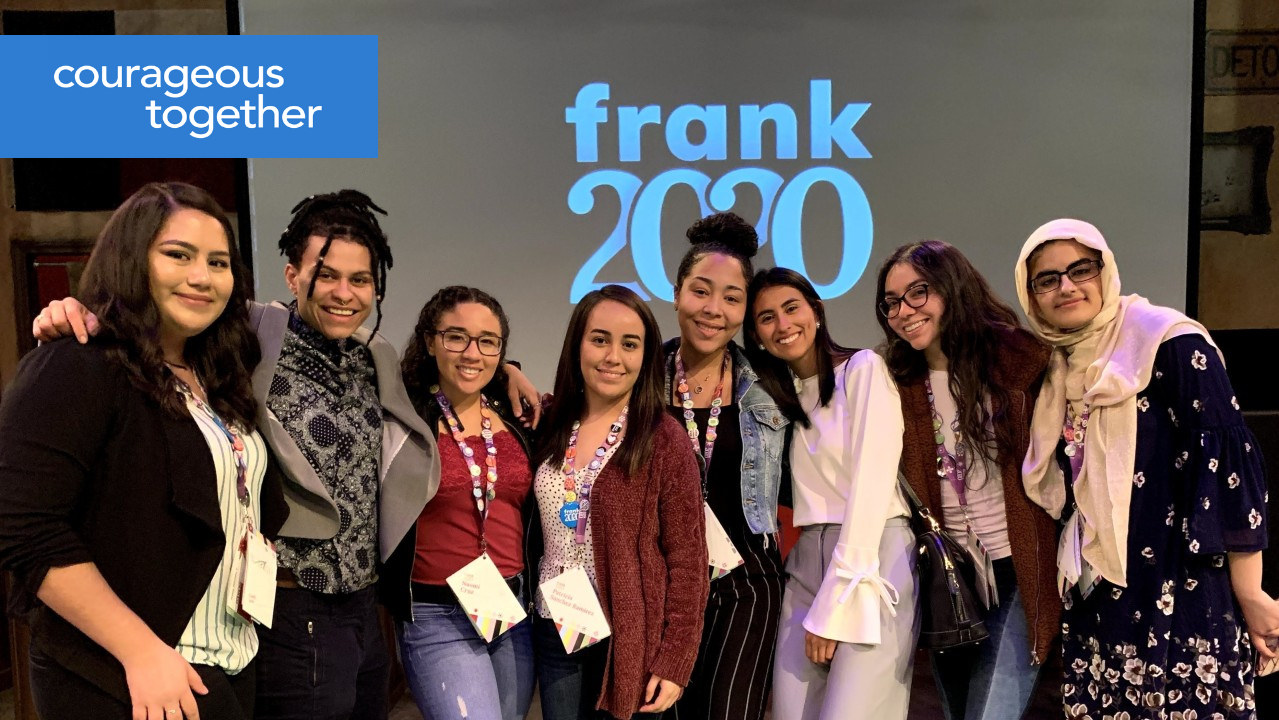
I want to start by stating the obvious. As a Colombian woman, I could stereotypically be considered a DEI hire. But let me be clear, no one has ever hired me because of that.
I’ve been hired at top consulting firms and tech companies because I’m really good at what I do. And I work hard. I believe in meritocracy, and it’s so frustrating to see people use that as a counterargument to roll back important diversity initiatives. Yes, there were some that were flawed, but there are others that are much needed (that I and many others have benefited from) that are unfairly getting axed now.
What (I think) we got wrong about DEI
I, generally speaking, don’t think quotas are valuable. Many times, they force people to commit to an arbitrary number with no good reason – that’s is one of my biggest pet peeves. No one should be checking boxes for the sake of checking boxes. It’s not smart.
I get that quotas are sometimes needed for accountability purposes, but I think there are better accountability measures like internal reviews and audits. Instead of setting arbitrary quotas like “hire 50 women,” businesses should take a closer look at their internal policies and processes to see if there are any unfair barriers that limit their ability to attract diverse talent.
For example, if a company hires based on “culture fit” without structured evaluation criteria, it may unintentionally favor candidates who share backgrounds or experiences with existing employees rather than those who are the most skilled or capable. With DEI, a company implements fair hiring practices—such as blind resume reviews, standardized interview questions, and outreach to diverse talent pools. This ensures that positions are awarded based on ability and potential, not just familiarity or privilege. By actively removing bias and structural barriers, DEI creates an environment where the most qualified individuals rise, making the system more of a true meritocracy.
Why diversity is good for business
If you’re reading this article, you’ve probably seen the stats about why diversity is good for business, so I won’t list them. Instead, I want to share a simple and almost trivial story to illustrate the point. My gym recently hired a Latina coach, Liliana, and I was very excited about it because as a woman I sometimes don’t feel comfortable working out around male coaches. Not to say all male coaches are creepy. They aren’t. In fact, the ones in my gym are good, but I don’t have much of a relationship with them because we don’t have much in common. I do, however, have a lot in common with Liliana. Ever since she joined, I noticed I’m more excited to work out, and I go to the gym more often. That’s good business. The same logic applies across the board. If your business is not representative of your customer base, you’re leaving money on the table and limiting your ability to grow and attract new customers.
What we can do moving forward
I would love to live in a world where DEI efforts are not needed and never have to worry about being labeled a “DEI hire.” It’s demeaning, and it’s the reason why some people of color feel frustrated with DEI. But the truth is there are still too many deeply entrenched biases that prevent people who look like me from getting opportunities to succeed, regardless of how hard they try.
I wouldn’t be where I’m today if it wasn’t for the Frank Karel Fellowship, a program that matches first-generation, minority college students with leading nonprofits in the D.C. area. It was through that program that I was able to get my first job out of college and every job that came after. We need more programs like that, and this administration wants to get rid of all of them. Much of that is out of our control, but here’s what we can control:
- If you’re a “DEI hire,” keep shining. We’re proof that the benefits of diversity are obvious.
- If you’ve benefited from a DEI program, speak out about it. There’s absolutely no shame in doing so. It doesn’t take away any of your merit and helps us reclaim the false narrative that things were handed to us. When really, we’ve had to work twice as hard to get to where we are.
- If you’re a foundation, corporation or nonprofit that doesn’t rely on government funding, and is therefore at a lower risk of being targeted, double down on your diversity commitments and be prepared to back up the undeniable benefits that it has for your organization so no one can tell you otherwise.
- If you oversee DEI or your work overlaps with it, take time to truthfully assess which practices are working and which are not. Hot take: you may not need ERGs. They can sometimes feel like “forced fun” and it’s often better to let people find their tribes and mentors organically. My advice: talk to your employees and learn what they actually need to do their jobs better. For example, sometimes Hispanic employees have a hard time speaking up in workplace settings because of language barriers. Instead of doing a rinse and repeat Hispanic Heritage Month celebration, offer public speaking courses to help build their confidence and open it up to others who may also need extra support in this area. That’s more valuable than Taco Tuesday (though I do love a good taco).
So, is DEI dead? Parts of it may be, and that’s not necessarily a bad thing. But organizations that abandon diversity as a whole will certainly feel the consequences on their bottom line. Our world is not monotone and businesses that pretend it is will lose talent and customers like me. I can guarantee it.
